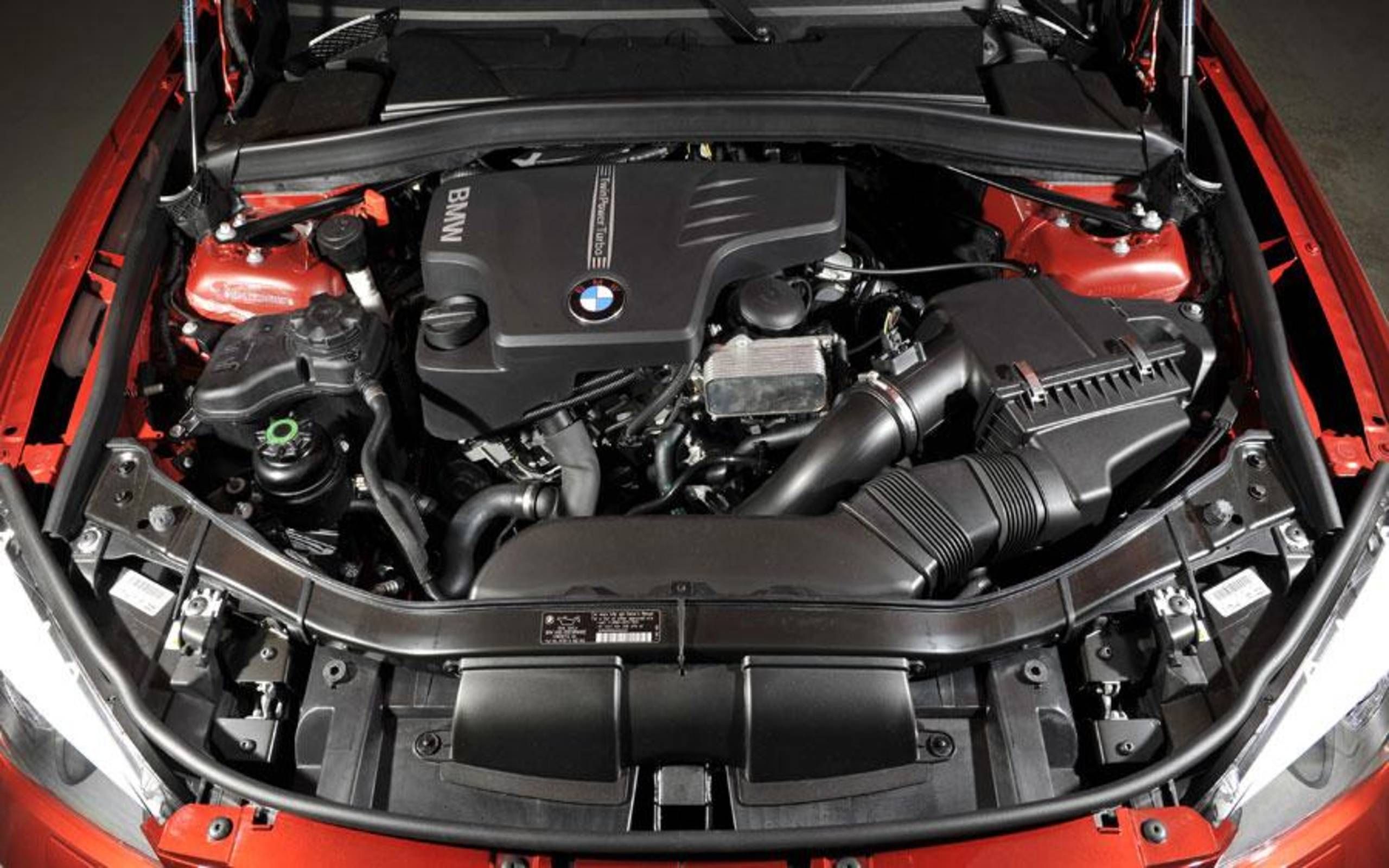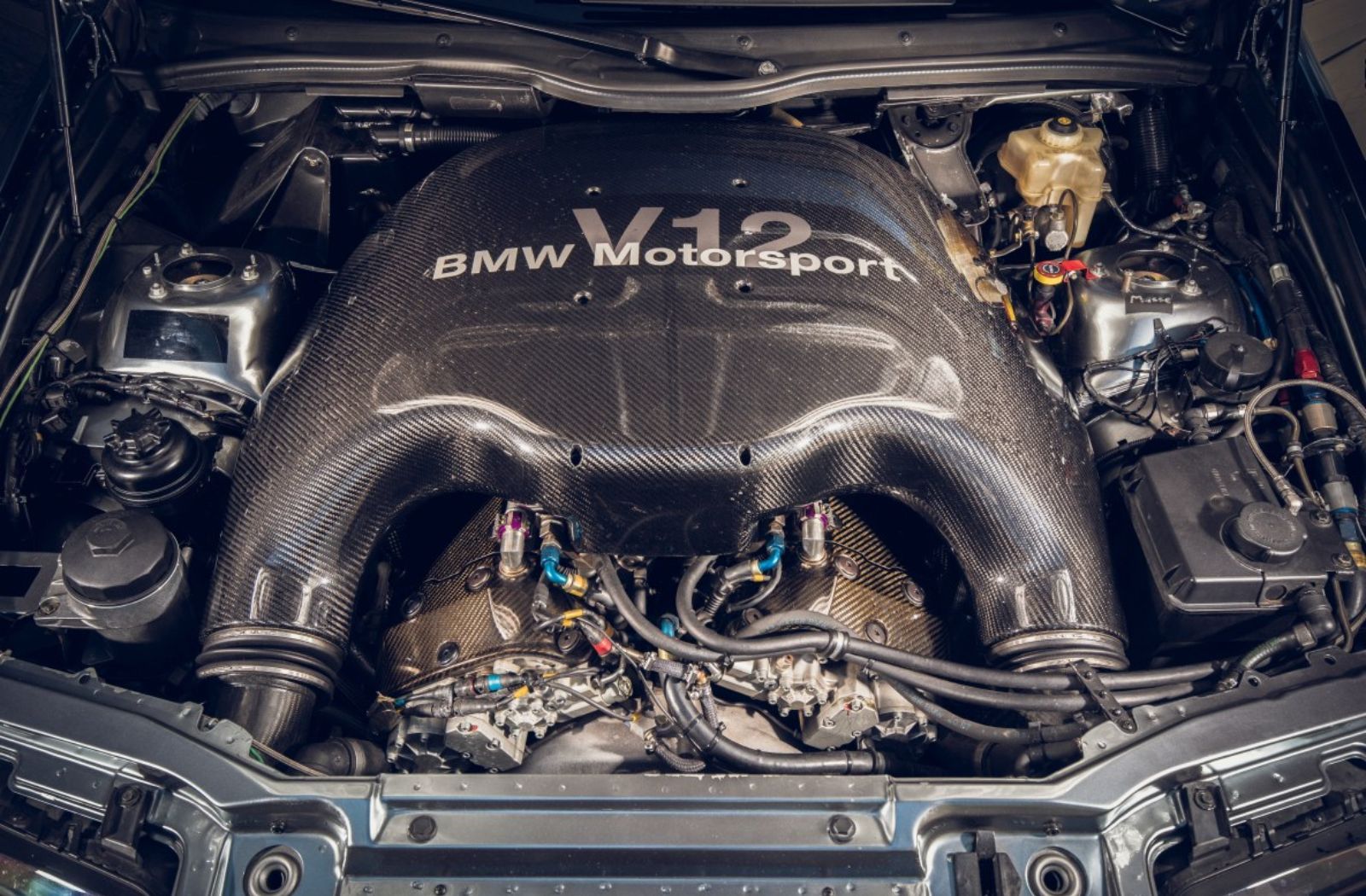A Beginner's Guide to Choosing the Right BMW Engine for Your Requirements
A Beginner's Guide to Choosing the Right BMW Engine for Your Requirements
Blog Article
Revealing the Intricacies of Next-Generation Power Units: a Deep Dive Into Advanced Engine Layouts and Advancements
As we stand on the precipice of a new period in transportation, the ins and outs of next-generation engine designs beckon us to check out the advanced modern technologies and innovations that promise to redefine the driving experience. Digging deeper right into the worlds of emission control, smart engine administration systems, and the perspective of power system advancement, we discover ourselves on the cusp of a makeover that guarantees to reshape the landscape of mobility as we understand it.
Development of Engine Products

The shift towards advanced engine products has actually additionally allowed engineers to design engines with greater power outcomes while keeping fuel performance criteria. The usage of light-weight materials minimizes the general weight of the engine, leading to improved fuel economic situation and reduced discharges. Additionally, advancements in products innovation have enabled better thermal administration within engines, leading to raised reliability and long life.
Turbocharging and Supercharging Technologies
Just How do Turbocharging and Supercharging Technologies reinvent engine performance and effectiveness in modern vehicles? Turbocharging and turbo charging are modern technologies that dramatically improve engine efficiency by boosting the quantity of air consumption into the combustion chamber. Turbocharging accomplishes this by making use of a generator driven by exhaust gases to pressurize the consumption air, while supercharging utilizes a belt- or chain-driven compressor to accomplish the same effect.
These technologies allow smaller, much more fuel-efficient engines to generate power comparable to bigger ones, called downsizing. By forcing even more air right into the cylinders, turbo charging and turbocharging improve burning performance, resulting in raised horsepower and torque result without a considerable rise in engine size. This brings about much better acceleration, pulling capacity, and general driving performance.
In addition, turbocharging and turbo charging contribute to enhanced gas performance by permitting the use of smaller engines that eat much less fuel under regular driving problems - bmw engine. This mix of enhanced performance and efficiency has actually made turbocharging and turbo charging integral components of several modern-day engine designs
Discharge Control and Environmental Influence
With enhancing worldwide issues relating to air quality and environmental sustainability, the execution of emission control technologies in automobiles plays a vital role in lowering dangerous pollutants released right into the ambience. Modern automobiles are outfitted with innovative exhaust control systems that help decrease the environmental impact of vehicle operations. Catalytic converters, for instance, are developed to transform harmful gases such as carbon monoxide, nitrogen oxides, and hydrocarbons right into less harmful compounds like co2 and water vapor.
In addition, advancements in engine innovation, such as the assimilation of exhaust gas recirculation systems and careful catalytic decrease, have dramatically contributed to reducing emissions. These innovations operate in tandem to maximize burning performance and minimize the release of dangerous contaminants into the air. Furthermore, the development of hybrid and electrical cars represents an essential step towards minimizing the overall environmental impact of the transportation industry.
Intelligent Engine Administration Equipment

Moreover, these systems allow cars to satisfy stringent exhausts standards without jeopardizing performance, supplying a much more eco-friendly driving experience. The integration of fabricated knowledge and equipment discovering abilities in engine monitoring systems continues to press the limits of what is possible, causing further renovations in efficiency, reliability, and total car performance. bmw engine. As automobile innovation advancements, smart engine management systems will certainly play a vital role in forming the future of transportation towards a more efficient and sustainable instructions
Future Trends in Power System Development
As intelligent engine monitoring systems pave the means for improved control and optimization in modern vehicles, future patterns in power unit development are poised to redefine the landscape of auto propulsion technologies. These alternate power resources offer boosted performance and efficiency while straightening with rigorous environmental guidelines.
Another significant fad is the integration of advanced products and producing techniques. Lightweight products such as carbon fiber and aluminum are being made use of to decrease overall car weight, improving gas performance and performance. Furthermore, advancements in 3D printing and additive production are allowing the production of intricate engine elements with higher accuracy and sturdiness.
Furthermore, fabricated knowledge and artificial intelligence are playing an important function in maximizing power device efficiency. These technologies enable real-time surveillance and adaptive control, causing more effective and reputable power distribution. Overall, future navigate to this website trends in power unit growth are geared in the direction of efficiency, sustainability, and efficiency, driving the auto industry towards a brand-new period of propulsion modern technologies.

Verdict
To conclude, the developments in engine materials, turbocharging, emission control, and smart monitoring systems have actually led the way for next-generation power units. These technologies have not just enhanced efficiency and effectiveness yet also decreased environmental impact. As innovation remains to evolve, future trends in power unit development are likely to concentrate on additional enhancing sustainability and enhancing power result. The detailed designs and technologies in modern-day engines display the ongoing development of automobile innovation.
Discovering the modern improvements in engine materials has actually been crucial in boosting the performance and effectiveness of contemporary engines. Over the years, the evolution of engine materials has actually played a critical role in pushing the limits of what engines can attain.The shift towards advanced engine materials has additionally made it possible for engineers to develop engines with higher power results while maintaining fuel effectiveness standards.The implementation of smart engine administration systems in contemporary vehicles has changed the way engines are regulated and maximized for efficiency and effectiveness. By accumulating information in real-time and assessing it with innovative formulas, smart engine management systems can adjust to driving designs, ecological elements, and engine health to make best use of power result while minimizing gas intake and discharges.
Report this page